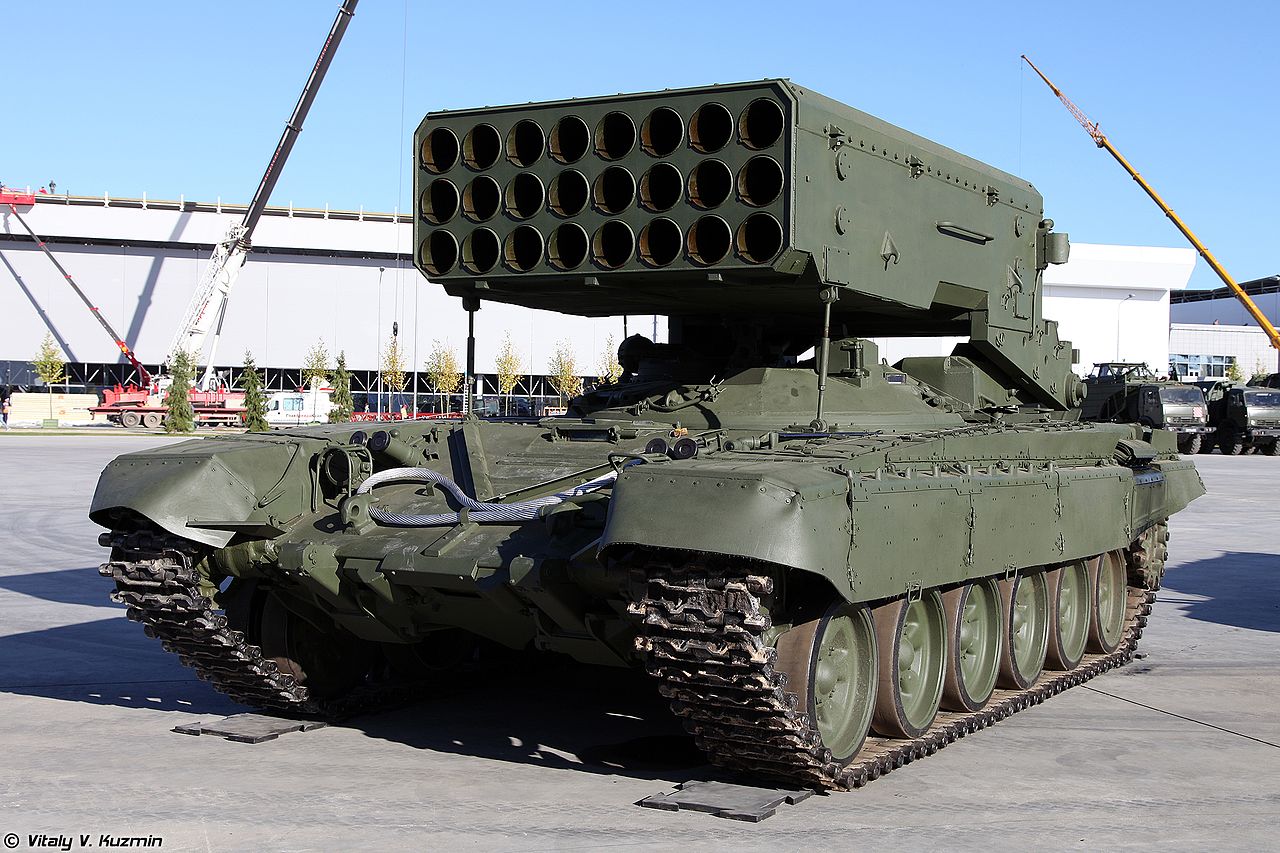Re: Regional geopolitics
Նոր իրավիճակ Հայաստանի ու Արցախի սահմանին
ՀԱՅԿԱԶՆ ՂԱՀՐԻՅԱՆ, Գլխավոր խմբագիր
Մեկնաբանություն - 12 Դեկտեմբերի 2015,
Դեկտեմբերի 11-ին հակառակորդի դիպուկահարի կրակոցից մարտական հենակետում զոհվել է ՊԲ զինծառայող, 1995թ. ծնված Կարեն Գրիգորյանը: Դեկտեմբերին սա արդեն մարտական պայմաններում հայկական զինուժի 4-րդ կորուստն է: Իրավիճակը սահմանին մնում է լարված, ամեն օր տեղեկություն է տարածվում հակառակորդի զենիթա-հրթիռային ինտենսիվ հրետակոծության մասին:
Այս ամիս հանդիպելու են Սերժ Սարգսյանն ու Իլհամ Ալիեւը, եւ հայ փորձագետների կարծիքով, հանդիպումից առաջ Ալիեւը մտադիր է ամրացնել իր դիրքերը, հանդես գալ ուժի եւ շանտաժի դիրքերից:
Սա նոր երեւույթ չէ, թե երկկողմ, թե այլ ձեւաչափերով հանդիպումներից առաջ Ադրբեջանը դիմում է սրացման: Թեեւ, մյուս կողմից, պետք է նշել, որ այս տարվա սկզբից, ինչ Հայաստանն անդամակցել է ԵՏՄ-ին, Ադրբեջանը գրեթե չի դադարեցրել կրակը Հայաստանի ու Արցախի սահմաններին: Ամբողջ տարվա ընթացքում փաստացի պատերազմ է սահմաններին, այս կամ այն ձեւերով ու ինտենսիվությամբ:
Հայկական զինուժի խնդիրը ներկայում մեծացել է, առավել եւս, որ վերջին շրջանում թե Մինսկի խմբի համանախագահները, թե այլ շահագրգիռ կառույցներ հայկական կողմին տվել են կայունությունն ու անվտանգությունը պահպանելու «քարտ-բլանշ»:
Այս խնդիրը հրատապ է հատկապես ներկայում, այն պայմաններում, երբ Ադրբեջանը հայտնվել է բավական աննպաստ իրավիճակում թե տնտեսապես, թե ռազմա-քաղաքական առումով: Այս իրավիճակն Ադրբեջանին ստիպում է դիմել ծայրահեղ քայլերի՝ իր խնդիրների վրա միջազգային ուշադրություն գրավելու նպատակով:
Բանն այն է, որ ներկայիս աշխարհքաղաքական զարգացումների տրամաբանությունը կտրուկ իջեցրել են Ադրբեջանի արժեքը որպես էներգետիկ ու տրանզիտային երկիր, բացի այդ՝ նրա վրա ազդում է Թուրքիայի ներկայիս քաղաքականությունն ու դրա հանդեպ Արեւմուտքի ու Ռուսաստանի վերաբերմունքը:
Իրավիճակը բարդացնում է նաեւ այն հանգամանքը, որ Հայաստանն ինչ որ առումով «ներքաշվել» է ռուս-թուրքական ներկայիս լարվածության մեջ, նկատի առնելով ռուսական ռազմա-քաղաքական բլոկներին Հայաստանի մասնակցությունը: Հայաստանը փաստացի հայտնվել է մի իրավիճակում, երբ սահմանի «տեղային» բախումներն արդեն հայտնվում են այլ համատեքստում:
Ադրբեջանին հասցված աննախադեպ հարվածը կարող է խախտել այս տրամաբանությունը, անցյալ տարվա օգոստոսի իրադարձությունների օրինակով, եւ Հայաստանը դուրս բերել այս աննպաստ դասավորությունից: Հայկական բանակի պատասխան գործողություններն ունենալու են այս տրամաբանությունը, ինչը բարձրացնելու է Հայաստանի սուբյեկտության աստիճանը:
Իրավիճակը սահմանին ակնհայտ փոխվել է, եւ թեեւ արտաքուստ ընթանում է «սովորական» դիմակայություն, խորքում այն կրում է աշխարհքաղաքական նոր զարգացումների տրամաբանությունը: Հայկական բանակի գործողությունն աննախադեպ է լինելու հենց այս տրամաբանությունը հաշվի առնելով:
Հայ-ադրբեջանական սահմանին այսօր նոր իրավիճակ է: Այն այլեւս «տեղային» դիմակայության սահման չէ, դա քաղաքակիրթ աշխարհի ու բարբարոսության սահմանն է, եւ հայկական բանակը կանգնած է քաղաքակրթության պաշտպանության դիրքերում: Դա լուրջ պատասխանատվություն է՝ Հայաստանի մասնակցությունը գլոբալ անվտանգության ապահովմանը:
- See more at: http://www.lragir.am/index/arm/0/com....VC3K0jvD.dpuf
Նոր իրավիճակ Հայաստանի ու Արցախի սահմանին
ՀԱՅԿԱԶՆ ՂԱՀՐԻՅԱՆ, Գլխավոր խմբագիր
Մեկնաբանություն - 12 Դեկտեմբերի 2015,
Դեկտեմբերի 11-ին հակառակորդի դիպուկահարի կրակոցից մարտական հենակետում զոհվել է ՊԲ զինծառայող, 1995թ. ծնված Կարեն Գրիգորյանը: Դեկտեմբերին սա արդեն մարտական պայմաններում հայկական զինուժի 4-րդ կորուստն է: Իրավիճակը սահմանին մնում է լարված, ամեն օր տեղեկություն է տարածվում հակառակորդի զենիթա-հրթիռային ինտենսիվ հրետակոծության մասին:
Այս ամիս հանդիպելու են Սերժ Սարգսյանն ու Իլհամ Ալիեւը, եւ հայ փորձագետների կարծիքով, հանդիպումից առաջ Ալիեւը մտադիր է ամրացնել իր դիրքերը, հանդես գալ ուժի եւ շանտաժի դիրքերից:
Սա նոր երեւույթ չէ, թե երկկողմ, թե այլ ձեւաչափերով հանդիպումներից առաջ Ադրբեջանը դիմում է սրացման: Թեեւ, մյուս կողմից, պետք է նշել, որ այս տարվա սկզբից, ինչ Հայաստանն անդամակցել է ԵՏՄ-ին, Ադրբեջանը գրեթե չի դադարեցրել կրակը Հայաստանի ու Արցախի սահմաններին: Ամբողջ տարվա ընթացքում փաստացի պատերազմ է սահմաններին, այս կամ այն ձեւերով ու ինտենսիվությամբ:
Հայկական զինուժի խնդիրը ներկայում մեծացել է, առավել եւս, որ վերջին շրջանում թե Մինսկի խմբի համանախագահները, թե այլ շահագրգիռ կառույցներ հայկական կողմին տվել են կայունությունն ու անվտանգությունը պահպանելու «քարտ-բլանշ»:
Այս խնդիրը հրատապ է հատկապես ներկայում, այն պայմաններում, երբ Ադրբեջանը հայտնվել է բավական աննպաստ իրավիճակում թե տնտեսապես, թե ռազմա-քաղաքական առումով: Այս իրավիճակն Ադրբեջանին ստիպում է դիմել ծայրահեղ քայլերի՝ իր խնդիրների վրա միջազգային ուշադրություն գրավելու նպատակով:
Բանն այն է, որ ներկայիս աշխարհքաղաքական զարգացումների տրամաբանությունը կտրուկ իջեցրել են Ադրբեջանի արժեքը որպես էներգետիկ ու տրանզիտային երկիր, բացի այդ՝ նրա վրա ազդում է Թուրքիայի ներկայիս քաղաքականությունն ու դրա հանդեպ Արեւմուտքի ու Ռուսաստանի վերաբերմունքը:
Իրավիճակը բարդացնում է նաեւ այն հանգամանքը, որ Հայաստանն ինչ որ առումով «ներքաշվել» է ռուս-թուրքական ներկայիս լարվածության մեջ, նկատի առնելով ռուսական ռազմա-քաղաքական բլոկներին Հայաստանի մասնակցությունը: Հայաստանը փաստացի հայտնվել է մի իրավիճակում, երբ սահմանի «տեղային» բախումներն արդեն հայտնվում են այլ համատեքստում:
Ադրբեջանին հասցված աննախադեպ հարվածը կարող է խախտել այս տրամաբանությունը, անցյալ տարվա օգոստոսի իրադարձությունների օրինակով, եւ Հայաստանը դուրս բերել այս աննպաստ դասավորությունից: Հայկական բանակի պատասխան գործողություններն ունենալու են այս տրամաբանությունը, ինչը բարձրացնելու է Հայաստանի սուբյեկտության աստիճանը:
Իրավիճակը սահմանին ակնհայտ փոխվել է, եւ թեեւ արտաքուստ ընթանում է «սովորական» դիմակայություն, խորքում այն կրում է աշխարհքաղաքական նոր զարգացումների տրամաբանությունը: Հայկական բանակի գործողությունն աննախադեպ է լինելու հենց այս տրամաբանությունը հաշվի առնելով:
Հայ-ադրբեջանական սահմանին այսօր նոր իրավիճակ է: Այն այլեւս «տեղային» դիմակայության սահման չէ, դա քաղաքակիրթ աշխարհի ու բարբարոսության սահմանն է, եւ հայկական բանակը կանգնած է քաղաքակրթության պաշտպանության դիրքերում: Դա լուրջ պատասխանատվություն է՝ Հայաստանի մասնակցությունը գլոբալ անվտանգության ապահովմանը:
- See more at: http://www.lragir.am/index/arm/0/com....VC3K0jvD.dpuf










Comment